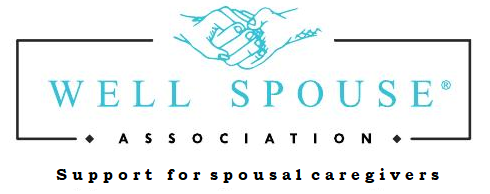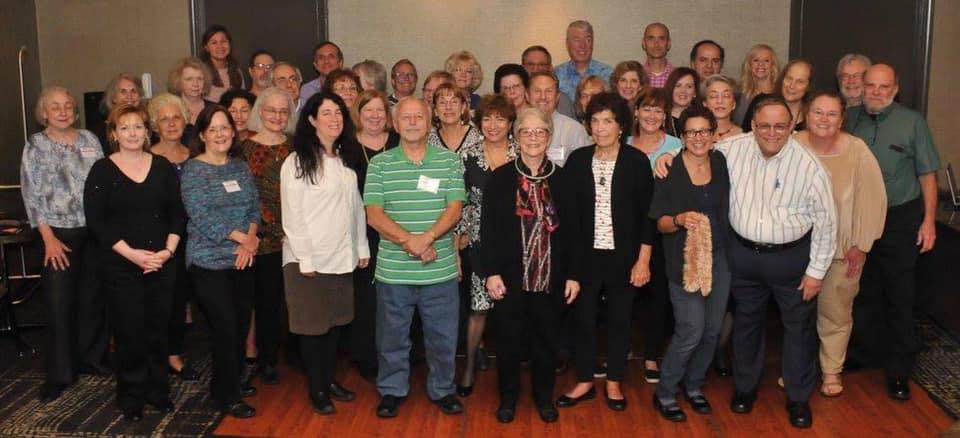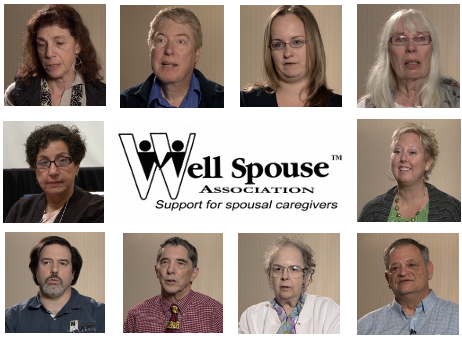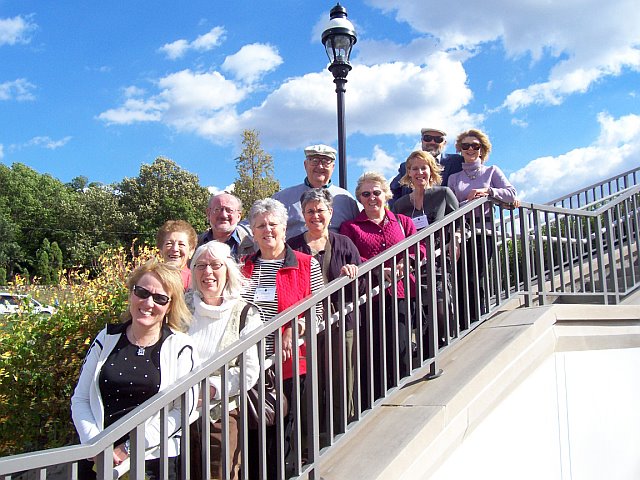Almost 6 million people in the US care for an ill or disabled partner
Chronic illness changes relationships. When spouses or partners transition to caregiver and patient roles, they often face the loss of that singular intimate relationship and the companionship it brings. Spousal caregivers spend more hours caregiving each week, doing more intense tasks, and with less outside assistance, than other types of caregivers. The financial impacts of caregiving are different for well spouses from other types of caregivers too - often the partner with illness and the caregiver must give up paid employment (at the same time that expenses increase due to medical costs). Caregiving for your wife, husband, or partner impacts the decision to have children, the way children are raised, and where and how one lives, works, and retires. There are few areas of life that are left untouched by the caregiver/patient role in partnered relationships.
Well Spouse Association provides support and resources to people of all ages who care for partners with chronic illness or disability. We provide support whether you feel like a caregiver or not. We are an inclusive and welcoming community - no matter your age, partnership arrangement, sexuality, orientation, gender, or religious beliefs.
How Caregiving Changes Us
An Interview with WSA's President Elect (July 2021)
WSA addresses the unique challenges that well spouses face every day
Community
Learning that you are not alone
WSA's network of more than 25 monthly peer support groups and our online support groups connect you to others who understand what you're going through.Events
Creating opportunities to meet other members
We host a number of events each year for members, including webinars, respites , and our annual conference - to bring well spouses together.Resources
Sharing our stories
Our Mainstay newsletters give you a voice. We advocate for change with policymakers and share research opportunities with our members.Why Join WSA?
"Some of the best advice for caregivers will come from other caregivers."
(732) 577-8899
(732) 577-8899
Email
info@wellspouse.org
63 West Main St, Suite H
63 West Main St., Suite H
Freehold, NJ 07728
Freehold, NJ 07728
©
1988 - 2026
Well Spouse® Association. All rights reserved. WSA is a 501(c)(3) organization.
Well Spouse Association is a peer support organization, and nothing shared via Well Spouse programs or social media is intended to replace medical, financial, or legal advice provided by experts or professionals.
If you are having a mental health crisis and are in the US, please call or text 988 to be connected to a professional trained in giving care during a crisis.





